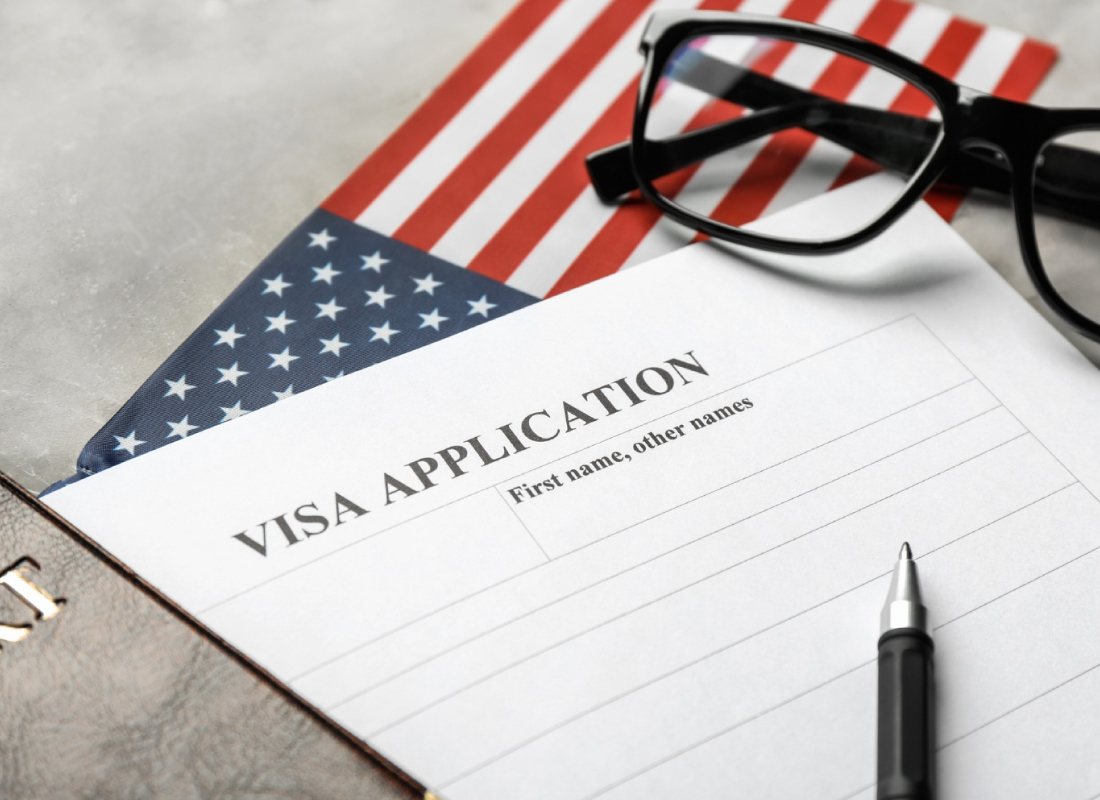Visa Guidance

Student Visa Classifications
Student Visa Classification Based on Program’s Duration
Student Visa Classification Based on Type of Program/ Student
Irrespective of the duration of the course, some countries classify the student visas basis the type of student. This could be the level of degree applied for (undergraduate, graduate or doctoral), exchange student or student applying for a vocational/ diploma course. Broadly speaking, as these visas also depend on the type, of course, the student is applying for, these are somewhat linked to the tenure. However, in these categories, the first point of distinction is not how long the program would be for. If you are, say for an instance, an exchange student, you could be going for 3 month or 3 years, the category would still be based on the type of student and not the tenure.
Documents Required for Student Visa Application
Every country, depending on their Immigration Laws have a specific list of documents. However, while the exact requirements are different in terms of actual terms, the list is generic. However, there are two documents which you would require certainly.
VALID PASSPORT
This is the primary requisite. While you would need a valid passport, what you need to know is that for different countries, the requirement of the validity of your passport might vary. Some countries would want you to have the validity until the end of the course even at the time of applying for the student visa. Some, on the other hand, might let you apply but request you to have a validity that extends beyond the intended stay in the country.
You also need to ensure that you have at least two blank pages in your passport for stamping for a visa. What is important to note is that in case you have any expired passports, you would still have to submit a copy of all such passports.
LANGUAGE PROFICIENCY
Another thing which is required perhaps across various countries is the proof that you can communicate in the language which would be your medium of instruction. Since most of the students plan to study in English speaking countries, most of them would require you to provide proof positive that you can communicate in English – both written and verbal. This is usually done by a minimum score requirement for various English Language Tests like TOEFL, IELTS and/or PTE. Accordingly, if you plan to take up a course in any other language (say German for instance), you would be required to provide certification for that language in accordance to the CEFR Certified Levels.
WHAT IS VISA
VISA is an approval that grants you the permission to travel to other countries and also defines your status in that country. There are 2 main kinds of Visas – Immigrant Visa and Non-Immigrant Visa.
If you are planning to migrate or settle down permanently in a particular country of which you are not currently a citizen, you require the Immigrant Visa. The Non-Immigrant Visa is a temporary Visa, which does not permit you to become a citizen of that country, but you can visit that country for a specified time. A student is required to apply for a Non-Immigrant Visa.
STUDENT VISAS
VISA REQUIREMENTS
VISA REQUIREMENTS
- Admission in a recognized University.
- Provision of fees.
- Financial capacity to meet lodging and boarding expenses.
- Ties – financial and family, to make the student return to the home country



